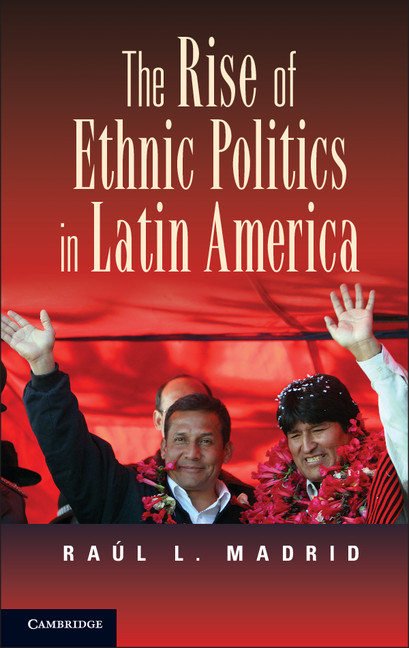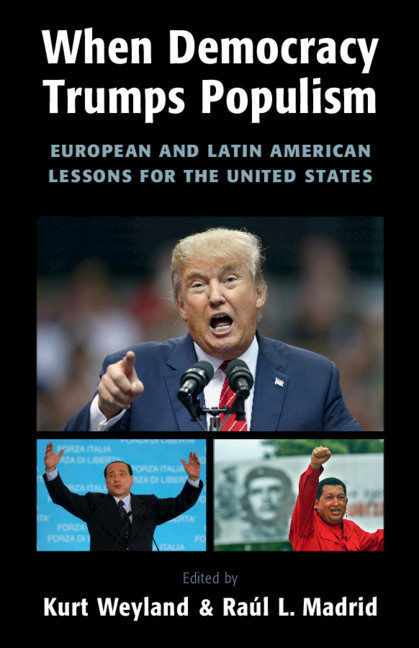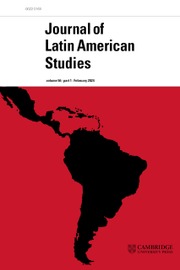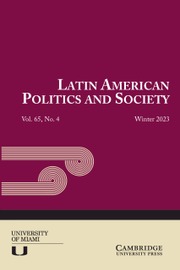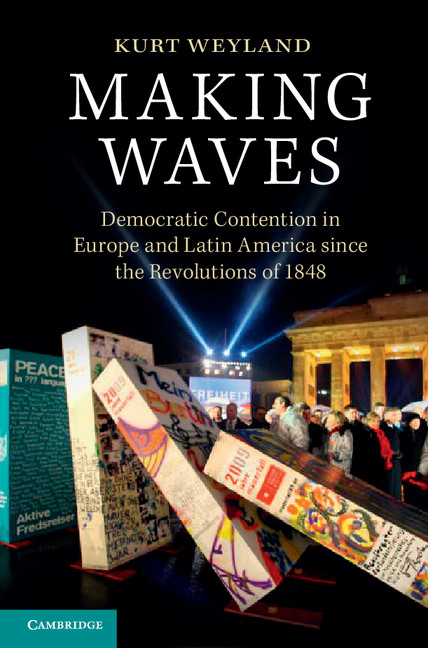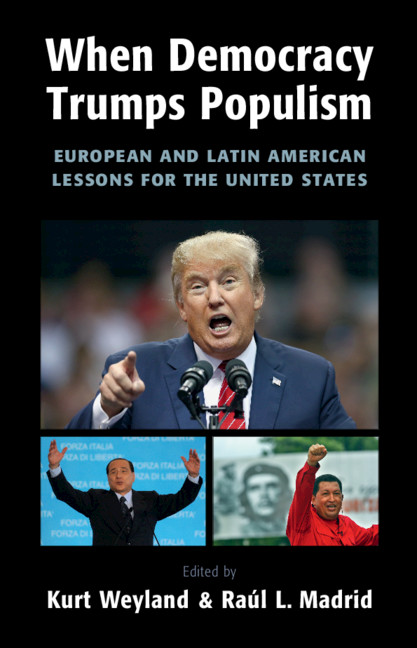Leftist Governments in Latin America
Can Latin America’s “new left” stimulate economic development, enhance social equity, and deepen democracy in spite of the economic and political constraints it faces? This is the first book to systematically examine the policies and performance of the left-wing governments that have risen to power in Latin America during the last decade. Featuring thorough studies of Bolivia, Brazil, Chile, and Venezuela by renowned experts, the volume argues that moderate leftist governments have attained greater, more sustainable success than their more radical, contestatory counterparts. Moderate governments in Brazil and Chile have generated solid economic growth, reduced poverty and inequality, and created innovative and fiscally sound social programs, while respecting the fundamental principles of market economics and liberal democracy. By contrast, more radical governments, exemplified by Hugo Chávez in Venezuela, have expanded state intervention and popular participation and attained some short-term economic and social successes, but they have provoked severe conflict, undermined democracy, and failed to ensure the economic and institutional sustainability of their policy projects.
- Thorough and scholarly examination of the most exciting and controversial topic in contemporary Latin American politics
- Whereas extant publications examine (causes of) the rise of the two Lefts, this book assesses and compares their accomplishments
- Clear focus on the four central, prototypical country cases
Reviews & endorsements
“This excellent and timely volume provides an assessment of the policy objectives and performance of moderate and radical leftist governments in Latin America. It demonstrates that the differences within the contemporary Latin American left are huge, and it substantiates the common wisdom that these differences can be characterized as those between a moderate and a radical left. It occupies a distinctive, important niche in the burgeoning scholarship on the contemporary Latin American left by virtue of its sharp focus on policy objectives and policy results and of the very high quality of scholarship.”
– Scott Mainwaring, University of Notre Dame
“What makes the book unique – and increases its intellectual impact – is the editors’ explicit viewpoint that a certain ‘type’ of leftist government generates better outcomes for citizens. Siding with the ‘liberals’ in this debate is and will remain contentious and will generate fruitful debate. I commend the authors for seeking to push the debate forward by offering well-reasoned and well-supported arguments.”
– David Samuels, University of Minnesota
Product details
July 2010Adobe eBook Reader
9780511771620
0 pages
0kg
7 b/w illus. 11 tables
This ISBN is for an eBook version which is distributed on our behalf by a third party.
Table of Contents
- 1. The performance of leftist governments in Latin America: conceptual and theoretical issues Kurt Weyland
- 2. The repeating revolution: Chávez's new politics and old economics Javier Corrales
- 3. The challenge of progressive change under Evo Morales George Gray Molina
- 4. The Chilean left in power: achievements, failures, and omissions Evelyne Huber, Jennifer Pribble and John D. Stephens
- 5. From Cardoso to Lula: the triumph of pragmatism in Brazil Peter R. Kingstone and Aldo F. Ponce
- 6. Lula's administration at a crossroads: the difficult combination of stability and development in Brazil Pedro Luiz Barros Silva, José Carlos de Souza Braga and Vera Lúcia Cabral Costa
- 7. The policies and performance of the contestatory and moderate left Raúl Madrid, Wendy Hunter and Kurt Weyland.


